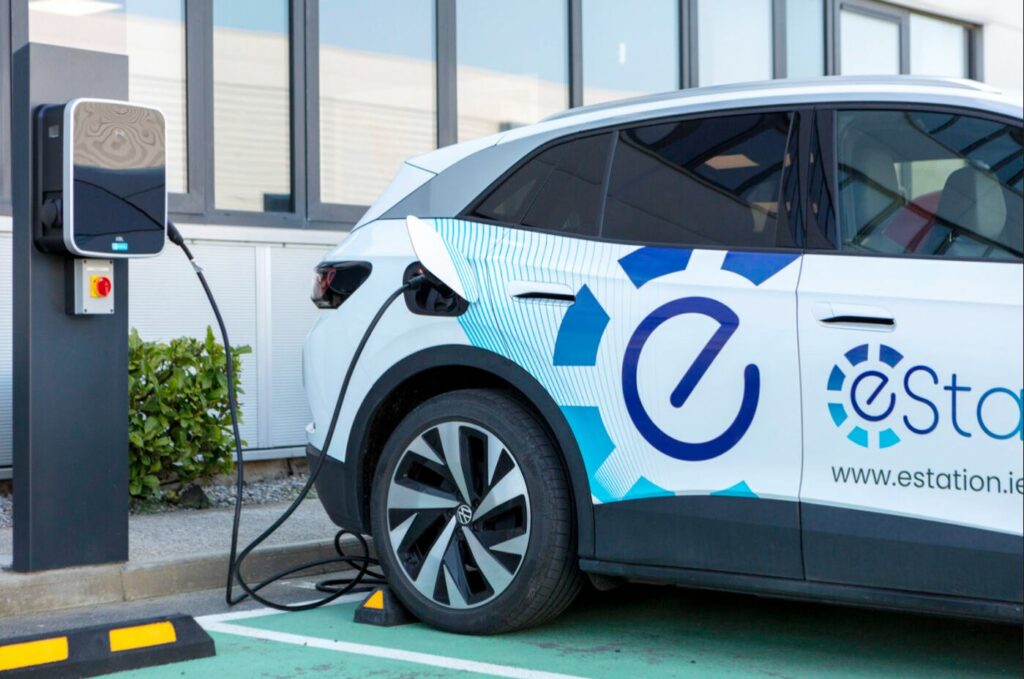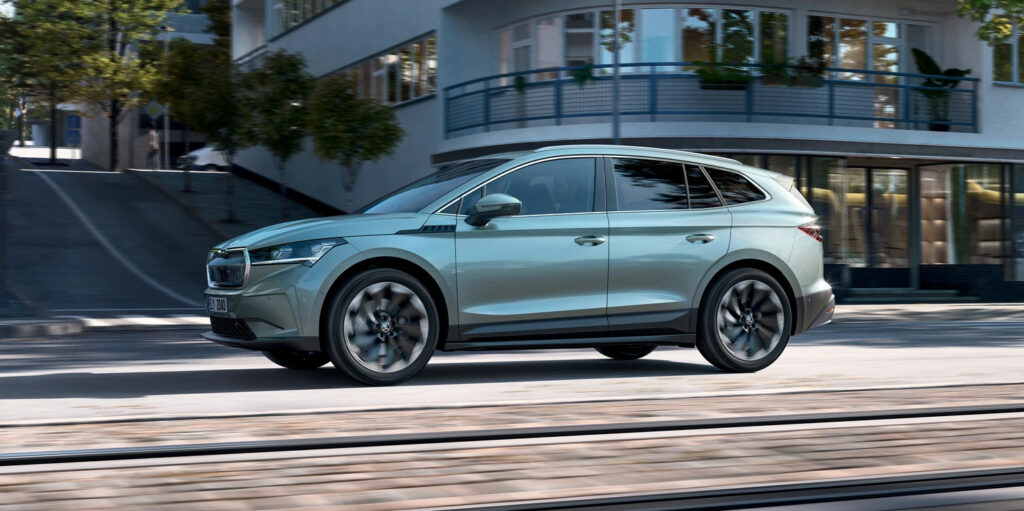
Electric versus petrol cars. For many, the traditional versus the future. But when it comes to cost, which car is more efficient, petrol or electric? More broadly, ‘cost’ could relate to the environmental impact of a car. In this article we will focus on how electric and petrol cars affect your pocket.
Choosing an Electric or Petrol Car
People often ask us “Are electric cars better than petrol cars?” The answer is multi-faceted as one key element, cost, is often a top priority for those shopping for a new car. However, the pros and cons of each vehicle type can give you a better idea of what’s on offer.
Electric vehicle pros
- Zero emissions.
- Cheaper per mile compared to petrol cars.
- Owners of EVs can avail of government grants.
- Zero charges in clean-air zones.
- Fewer servicing requirements.
Electric vehicle cons
- EVs may be more expensive than similar petrol cars.
- Driving range is lower, so stopping to charge may be required on long distance journeys.
- Charging takes longer than stopping to fill up with petrol.
- The building an EV can be similar to the building of a petrol car in terms of environmental impact.
Petrol vehicle pros
- Lower pricing compared to EVs.
- Refuelling is fast and easy.
- At present, there’s a greater range of vehicles to choose from.
Petrol vehicle cons
- By 2030, 30% of the Irish private car fleet must have switched to electric.
- Future restrictions may limit the viability of petrol cars.
- Higher overall environmental impact compared to EVs.
- More expensive servicing and running costs.
- Higher Depreciation costs
As you can see, there’s a lot to consider when comparing electric and petrol cars. However, if we focus on the issue of cost, electric vehicles show their worth.
Are Electric Cars Cheaper to Run in Ireland?
When we break down the cost of running an electric car vs a petrol car, electric vehicles (EVs) are cheaper. Here’s why:
Lifetime costs
Just like when you want to buy a petrol car, assess the lifetime costs of running an EV during the pre-purchase phase. You’ll be glad to find that government grants and VRT reduction help reduce the cost of purchasing a new EV, with other savings to be made in terms of running costs, maintenance, etc.
Cheaper tax
Motor tax is calculated on the emissions level of the vehicle. EVs are on the lowest tax band, so road tax is just €120 per year.
Cheaper servicing costs
Electric vs petrol car costs vary with regards to servicing. When servicing an Internal Combustion Engine Vehicle (ICE), for instance, the checklist may include checks to:
- Oil
- Spark plugs
- Hydraulic fluid and coolant levels
- Timing belt
- Engine tuning
- Exhaust and operations of brakes and steering
- Cooling system
- Suspension
With an EV, the only consideration is the electric motor. EVs undergo less brake pad wear as the motor slows the vehicle before friction braking is called into action. There are also fewer moving parts that require maintenance, saving you money in the long run.
What EV servicing does include is an update to software and the changing of tyres, lights, brake pads and wipers.
Cheaper to fuel
It’s much cheaper to fuel an EV than a similar size petrol car. Instead of forking out at the pumps, owners of EVs will see an increase in their electricity bill. Still, as the SEAI reports, you can save between 50-60% on running costs with an EV.
Related article: Electric Car Price Comparison

Electric Vehicle FAQs
At eStation, we get a lot of recurring questions about electric vehicles, such as:
Q: What is the road tax on electric cars in Ireland?
A: Annual motor tax for a Battery Electric Vehicle (BEV) is €120. Electric vehicles are the lowest tax band for motor tax.
Q: Is there a grant for electric cars in Ireland?
A: Yes. According to the SEAI, a maximum grant of €3,500 is available for qualifying new M1 (passenger car) BEVs when purchased privately. As well as a grant for buying a new EV, there is also a grant of up to (Grant reduced to €300 as of 01/01/24) for installing an electric vehicle charging station.
Q: Do you pay VRT on electric cars?
A: Vehicle Registration Tax (VRT) is paid when a car is registered for the first time in Ireland. EVs receive VRT relief separately to SEAI grant support, depending on the cost of the vehicle.
Q: Can you claim VAT on electric cars Ireland?
A: At present, you cannot reclaim VAT on EVs. EVs are governed by rules on reclaiming VAT on qualifying passenger motor vehicles.
Q: What types of EVs are available?
A: For more on this, read our article ‘A Beginner’s Guide to the Types of Electric Vehicles Available’.
Make the switch to EV? eStation can help
If you’re switching to an electric vehicle, we can help. eStation has been installing and supplying EV charging solutions throughout Ireland since 2015, so we know how to help you make the most of your new electric car.
To find out how eStation can help you, get in touch today.